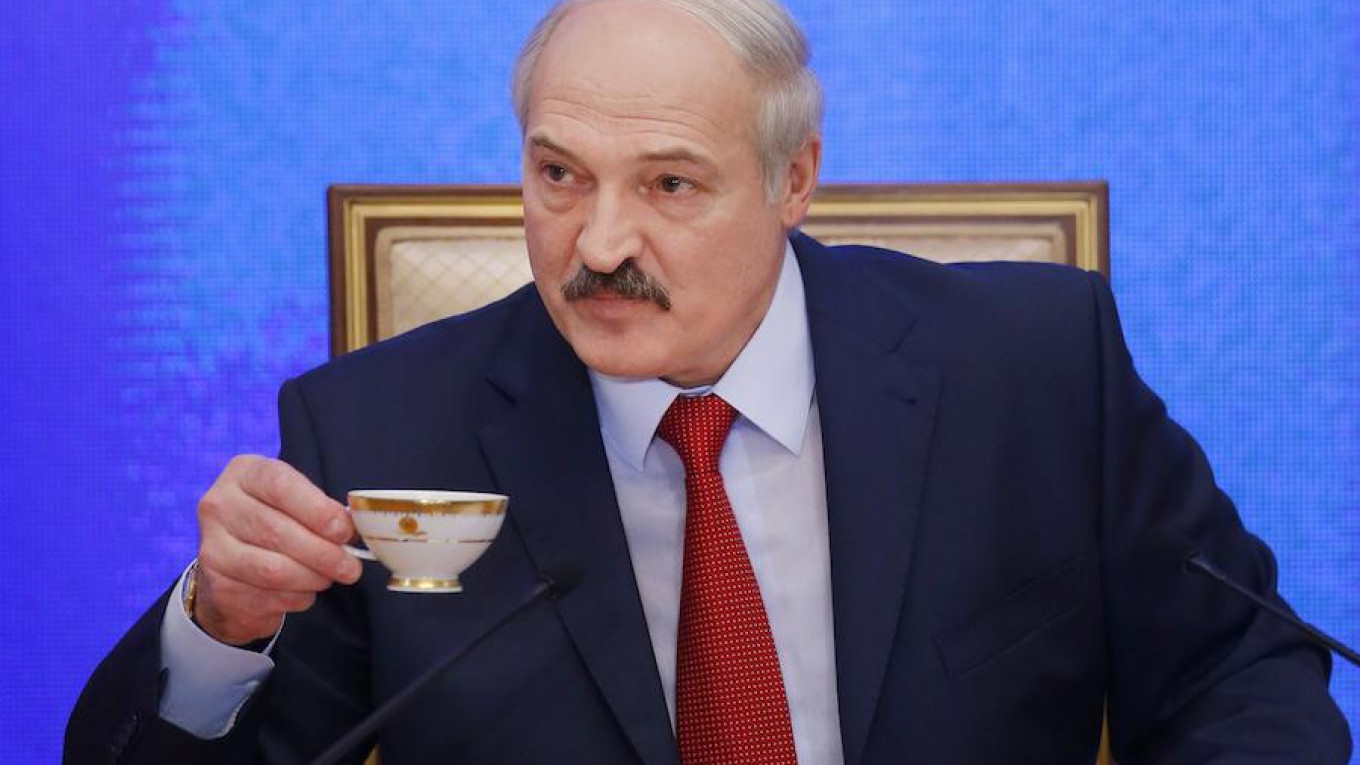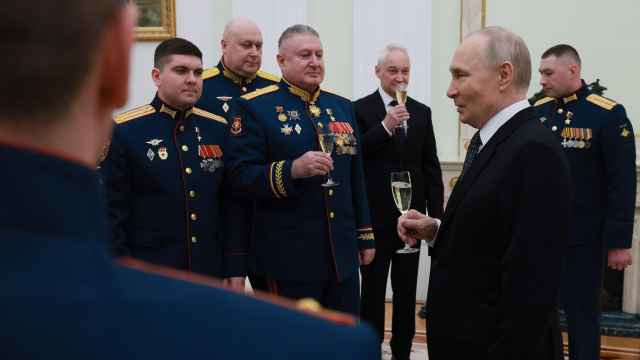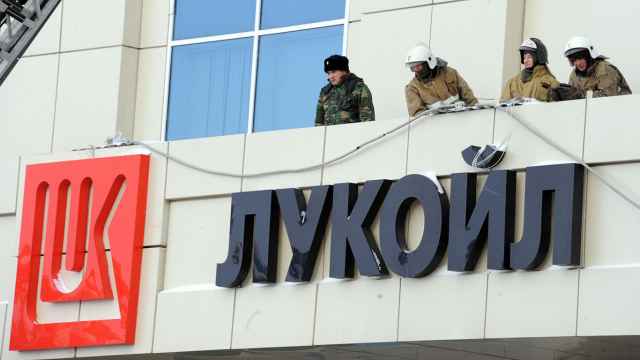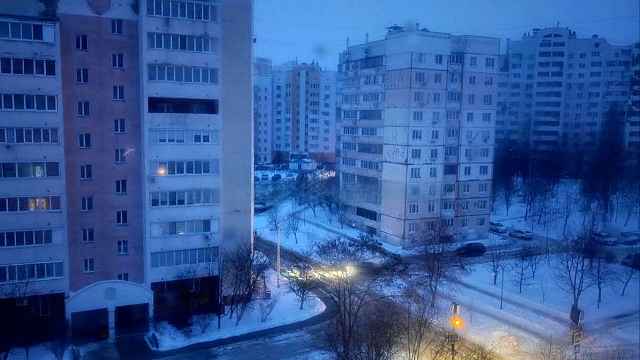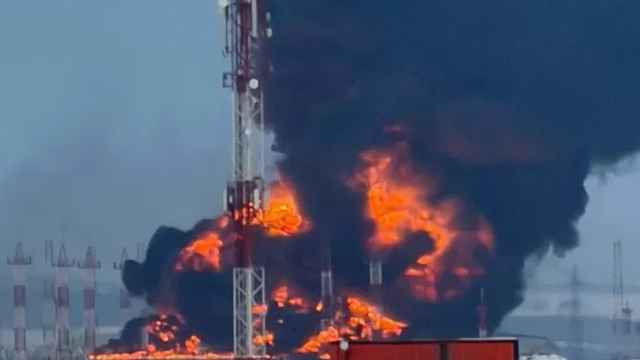Good news, travelers! Aleksander Lukashenko, Belarus' long-time president, has signed a decree allowing the citizens of the EU, the US and 41 other lucky states to visit his closed country for up to five days without a visa.
The decree, signed on Jan. 9, specified that foreigners are only eligible for the visa exemption if they enter Belarus via Minsk Airport. The press service of the Belarusian president said the initiative aimed to boost the number of “business trips, tourism and private visits of people with regular passports.”
The news was welcomed by eager tourists-to-be and Belarusians. “This is happy news,” Belarusian writer and comedian Sasha Filippenko said. Since Minsk hosted the Hockey World Cup in 2014, Belarusians have enjoyed seeing visitors from all over the world, he said. Hosting the World Cup boosted Belarusians’ hopes that the visa system would loosen up, he added. “There were so many people in Minsk then. Even the authorities loved it. They realized these foreigners probably won't cause a revolution,” he joked.
Some Russians, who already enjoy visa (and passport) free travel with their western neighbor, were pleased but cautious about the news. Because Russia’s border with Belarus is not policed by immigration officials, many asked if these foreigners would start pouring into Russia. But Belarus has made it clear that the visa-free travel does not apply to people arriving in Belarus from Russia or those planning to fly to Russian airports (which are treated by the authorities of both countries as domestic flights).
Some joked about the 5-day-rule the eastern European dictatorship is offering tourists. “Now we will join NATO for five days and we will abolish the death penalty for five days,” Belarusian journalist Viktar Malishevsky wrote on Twitter.
Belarus, which has long been called “Europe's last dictatorship,” is a largely closed country which is difficult and expensive for outsiders to visit. But this landlocked country sandwiched between Russia and the EU is home to some of Europe's most beautiful sites and could, in the future, become a tourist gold mine.
So, tourists, Lukashenko gives you five days to have a look around and get out. You may be wondering what can you do in those precious visa-free five days? The Moscow Times has spoken to Belarusians to find out.
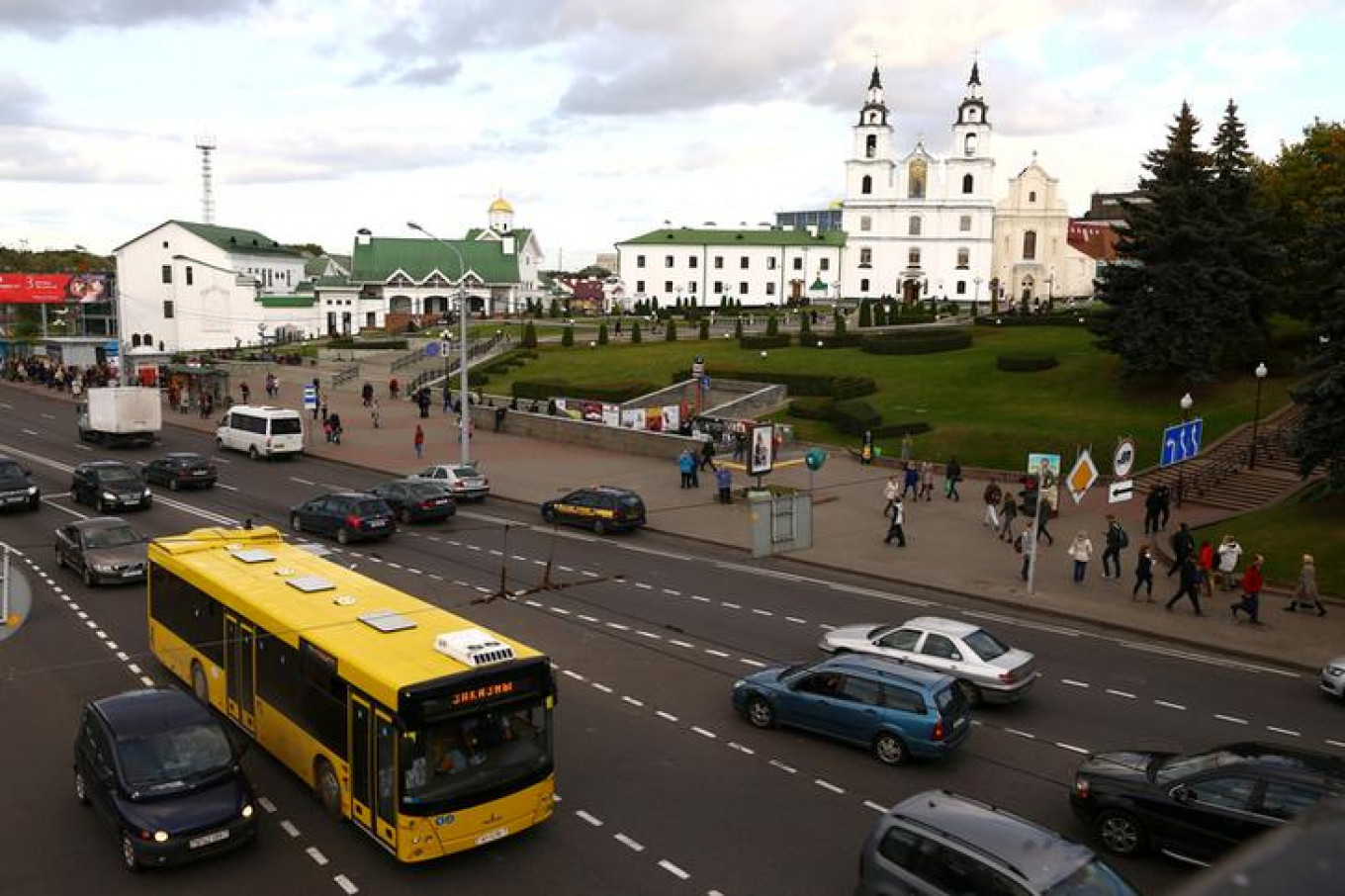
An inviting city, Minsk
Comedian Filippenko, a Minsk native, says his hometown is a city of irony. “There are many different ‘Minsks.’ There is the Soviet one. But there is also what people have started calling the 'new Warsaw' or even the 'new Berlin,’” he says.
Filippenko is reluctant to give away the secrets of Minsk's nightlife hideaways to tourists. Today, Minsk is full vibrant cafes and restaurants. But Belarus’ past meant it was late to the Western-style restaurant scene so the people of Minsk traditionally partied in their own homes, which is why “The culture of house parties in Minsk is unique,” says Filippenko.
Filippenko is, however, ready to recommend one place: Sweet & Sour, a tiny bar inside the House of Architects that measures only 4 by 4 meters. “There are probably the biggest snobs in Eastern Europe in there. It is a must visit,” he says.
The best way to get around Minsk — if the weather permits — is by bike. The city's wide communist boulevards have in recent years been transformed into some of Europe's most impressive cycling lanes. It is a relatively small capital city, and Filippenko recommends seeing all its sites by bike in the summer.
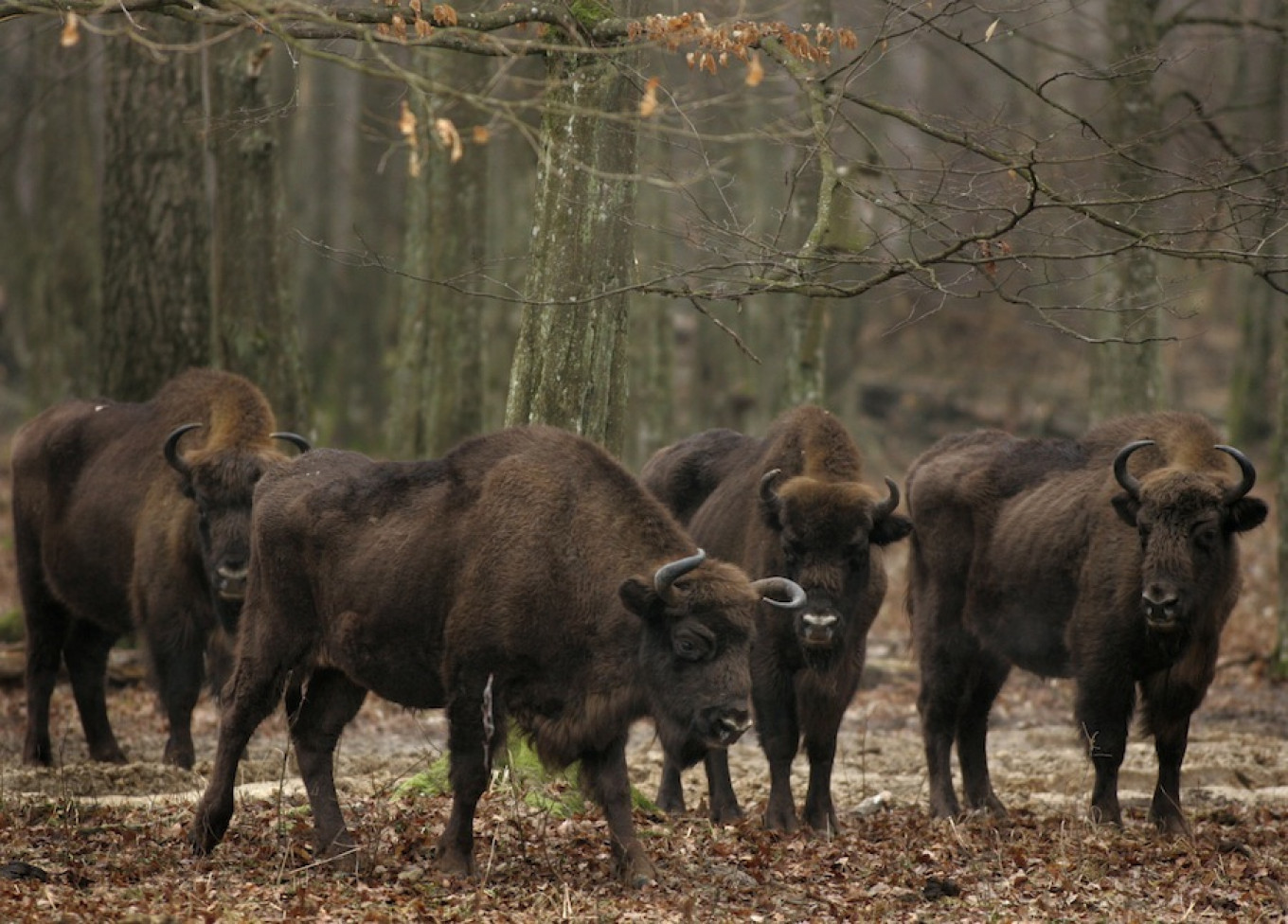
Belovezhskaya Pushcha National Park
The border between Poland and Belarus runs through the last primeval forest in Europe. Belovezhskaya Pushcha National Park is a UNESCO preserved woodland split between the two countries to form one of the continent's most beautiful nature reserves. It is also home to the last population of European bison, the heaviest land animals in Europe. Be sure to try the infamous “Zubrovka”, a vodka type made by both countries named after the bison. Since May 2015, there is a visa-free regime for hikers and cyclists at the Perevov-Białowieża crossing inside the park.
The USSR fell apart inside this beautiful woodland. The Belavezha Accords, an agreement signed by the leaders of the Russian, Belarusian and Ukrainian Soviet Republics which led to the end of the union, was signed at a state dacha in the forest in December 1991.
A 1974 song about the forest, called Belovezhskaya Pushcha, made a comeback in the early 1990s after the dissolution of the USSR. Given a new meaning with the Belavezha Accords, it became a sort of requiem for the lost Soviet Union.
If you prefer nature to cities, Belarus has yet more to offer. Yar Stseshyk, a Belarusian journalist, recommends visiting the Braslavskie Lakes. “It is so peaceful and surrounded by medieval architecture and beautiful catholic and orthodox churches,” he says. One of the most magical spots, he says, is the old Jewish cemetery in the village of Druya. From there, Stseshyk says, you can see the border of Latvia and Lithuania. But Stseshyk warns that it is best to carry your documents with you in these borderlands, as authorities often check passers by.
Grodno and the borderlands
A recommended travel route in those five days is from Minsk to Grodno, a city on the Western tip of the country. Russians have often been impressed about how much better road infrastructure is in Belarus and it is fairly hassle-free to hire a car in the capital.
Western Belarus is dotted with picturesque villages. Since October, EU citizens are allowed to visit Grodno visa-free for up to three days if they enter through the Polish border. In order to do so, you have to report your visit to border control in advance and travel in your own car. The city was once a crossroads of cultures and is home to Russian imperial, Jewish sztetl-like wooden houses as well as medieval and Baroque architecture.
Ales Zarembiuk, a native of Grodno who has since left Belarus for Poland, says his hometown is one of the country's most interesting cities. There are two castles on the Neman River, which currently house an impressive archeology museum. Zarembiuk also recommends a museum of Belarusian poet Maksim Bahdanovic.
"These are baby steps," Zarembiuk says. "Let's hope there will be others to follow."
A Message from The Moscow Times:
Dear readers,
We are facing unprecedented challenges. Russia's Prosecutor General's Office has designated The Moscow Times as an "undesirable" organization, criminalizing our work and putting our staff at risk of prosecution. This follows our earlier unjust labeling as a "foreign agent."
These actions are direct attempts to silence independent journalism in Russia. The authorities claim our work "discredits the decisions of the Russian leadership." We see things differently: we strive to provide accurate, unbiased reporting on Russia.
We, the journalists of The Moscow Times, refuse to be silenced. But to continue our work, we need your help.
Your support, no matter how small, makes a world of difference. If you can, please support us monthly starting from just $2. It's quick to set up, and every contribution makes a significant impact.
By supporting The Moscow Times, you're defending open, independent journalism in the face of repression. Thank you for standing with us.
Remind me later.


